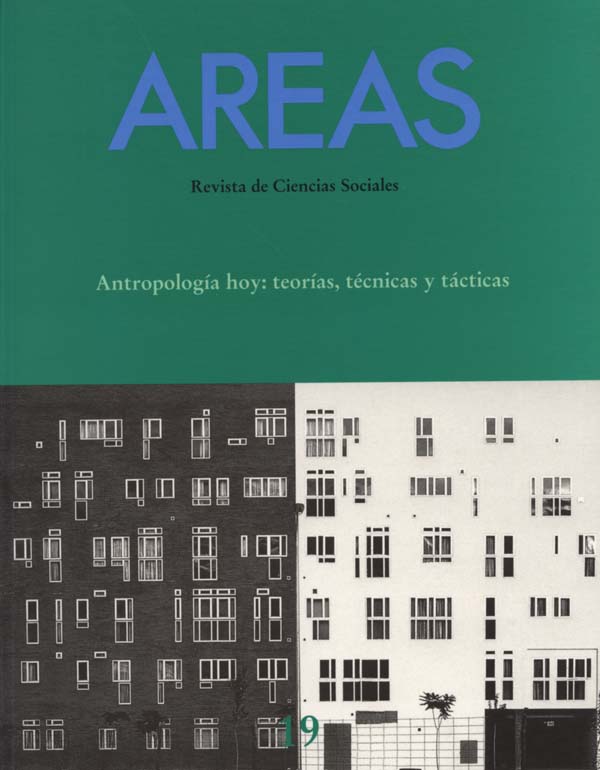IMMIGRATION AND NATIONAL CONSTRUCTION IN CUBA (ON THE WORK OF FERNANDO ORTIZ)
Abstract
A diversity of ethnic groups, who are social and culturally heterogeneous, do coexist and interact in Cuba in the first half of XXth century. At the same time a variety of either national or class ideologies, work 011 the elaboration of metaphors that could be able to strengthen common ide11tities. I will a11alyze here the work of the Cuba11 ethnographer Fernando Ortiz, focusi11g on the way he tackled both the questions of immigratio11 a11d construction of a natio11al identity. Instead of using the concept of "melting pot" (that's to say, a process of "melti11g" of prior identities) Ortiz inve11ted a culinary metaphor of Cuba11 identity, the "ajiaco", a kind of stew that results of the simmering of a variety of heteroge11ous i11gredients: a concept that approaches to that of "cross-cultural influence". I will al so analyze Ortiz ideas about immigratio11 politics, and their relatio11ship to Lombroso's theory 011 deli11que11cy. Last I will show the special status Ortiz gives to the "islander colonist", making of him a paradigm of that immigrant who is adapted to the new Cuban nation.
Downloads
-
Abstract375
-
PDF (Español (España))217
The published works by this Journal are subject to the following terms:
1. The Publication Service of the University of Murcia (the Editor) owns the copyright of its publications. It promotes and allows its use under the indicated licence in Section 2.
© Servicio de Publicaciones, Universidad de Murcia, 2011
2. Papers are digitally published under the licence Creative Commons Reconocimiento-NoComercial-SinObraDerivada 3.0 España (legal text). They can be copied, used, disseminated, transferred and publically presented if: i) the author is quoted, as well as the original source of publication (Journal, editorial and URL); ii) they are not used for commercial purposes; iii) the licence of use is mentioned.
3. Auto-file Conditions. It is allowed and authors are encouraged to digitally disseminate their pre-print versions (versions prior to review) and/or post-print (reviewed version accepted for its publication) since it promotes its early diffusion and the corresponding increase of quotes and scope within the academic community. RoMEO Colour: green.


